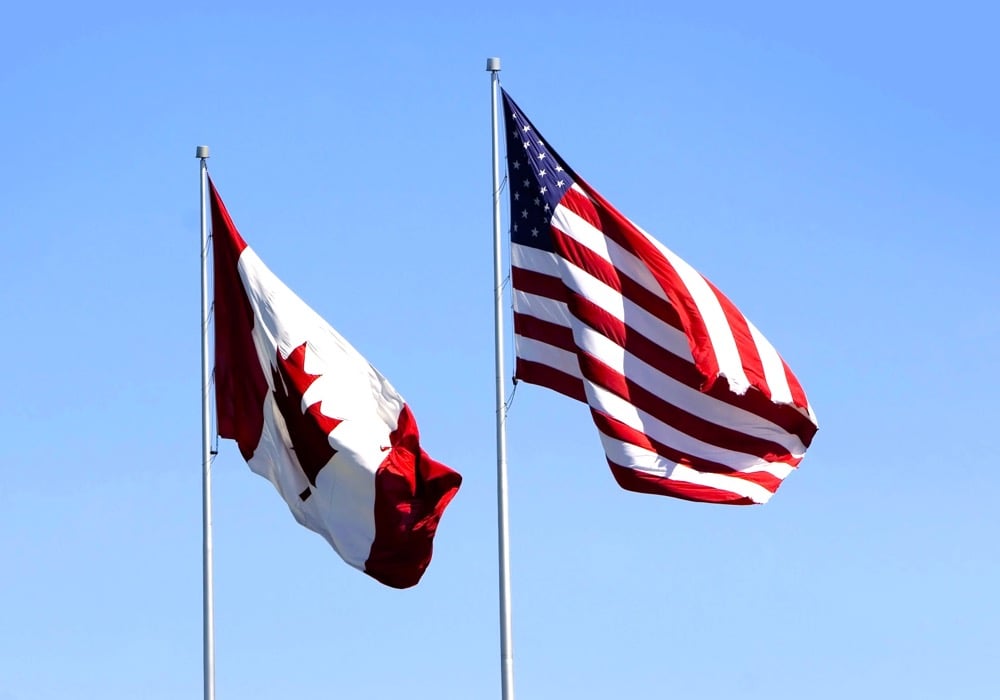(Reuters) — Vermont on Thursday became the first U.S. state to mandate labelling of foods made with genetically modified organisms as Governor Peter Shumlin signed a law that is widely expected to be challenged in court by some food and agriculture companies.
The law, set to take effect July 1, 2016, would for the first time align at least a small part of the United States with more than 60 other countries that require labelling of genetically engineered foods. And it sets the stage for more than two dozen other states that are currently considering mandatory labelling of such GMO foods.
Read Also

Canadian trade data delayed by U.S. government shutdown
Canadian international trade data for September will be delayed indefinitely due to the ongoing partial shutdown of the United States government, Statistics Canada said Friday, Oct. 24.
“Vermonters will have the right to know what’s in their food,” Shumlin told cheering supporters in a speech on the state House steps. “We are pro-information. Vermont gets it right with this bill.”
Shumlin said the state had set up a “food fight fund” to take online donations to help defend the law from litigation expected to be filed by food industry interests to block the law.
Consumer groups and lawmakers supporting such mandatory labelling say there is no scientific consensus on whether or not genetically engineered crops are safe, and consumers should be able to easily distinguish products containing GMOs so they can avoid them if they wish.
The consumer sentiment has pushed a growing number of U.S. food companies to start using non-genetically modified ingredients for their products because of the consumer backlash against GMOs.
But the food and agriculture industries, including the makers of genetically modified corn, soybeans, canola and other crops widely used in packaged foods, are fighting mandatory labelling of GMOs. They say their products are proven safe, and that such labels will imply they are unsafe, confusing consumers and increasing costs for consumers as well as farmers and food companies.
“Scientific bodies and regulatory officials around the world recognize that foods made from genetically modified (GM) crops are as safe as their non-GM counterparts,” said Cathleen Enright, executive vice president of the Biotechnology Industry Organization. “GM crops have enabled farmers to produce more on less land with fewer pesticide applications, less water and reduced on-farm fuel use.”
BIO, a trade group whose members include Monsanto Co., Dow AgroSciences, a unit of Dow Chemical Co., and other biotech seed companies said food costs for an average household would rise as $400 per year due to mandatory labelling.
BIO and the Grocery Manufacturers Association are backing a proposed federal law that would nullify Vermont’s labelling law and any other mandatory labelling of GMOs in the United States.
Both sides of the debate claims science supports their views.
Last October, a group of 93 international scientists said there was a lack of empirical and scientific evidence to support what they said were false claims by the biotech industry about a “consensus” on safety. It said more independent research is needed and studies showing safety tend to be funded and backed by the biotech industry.














